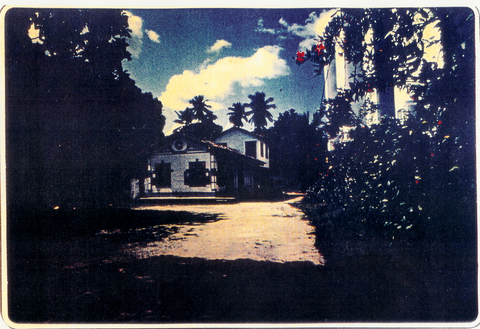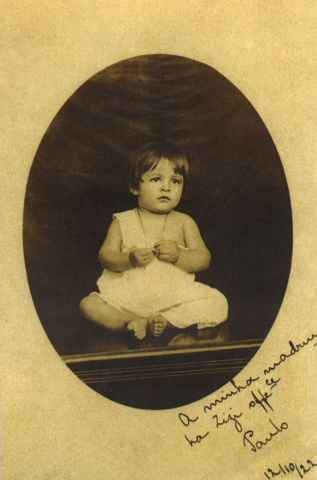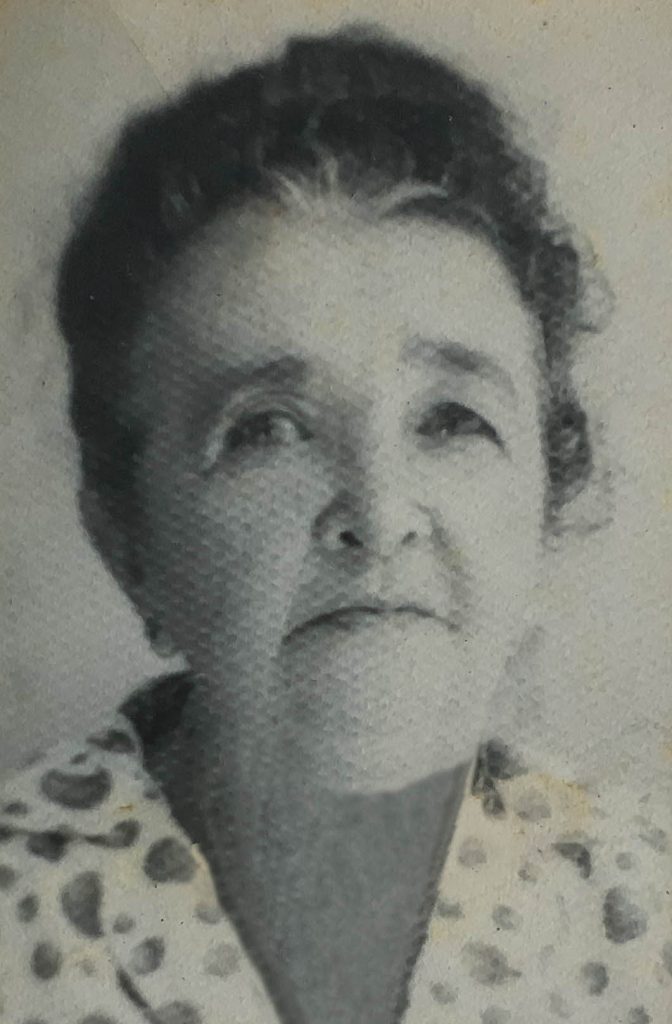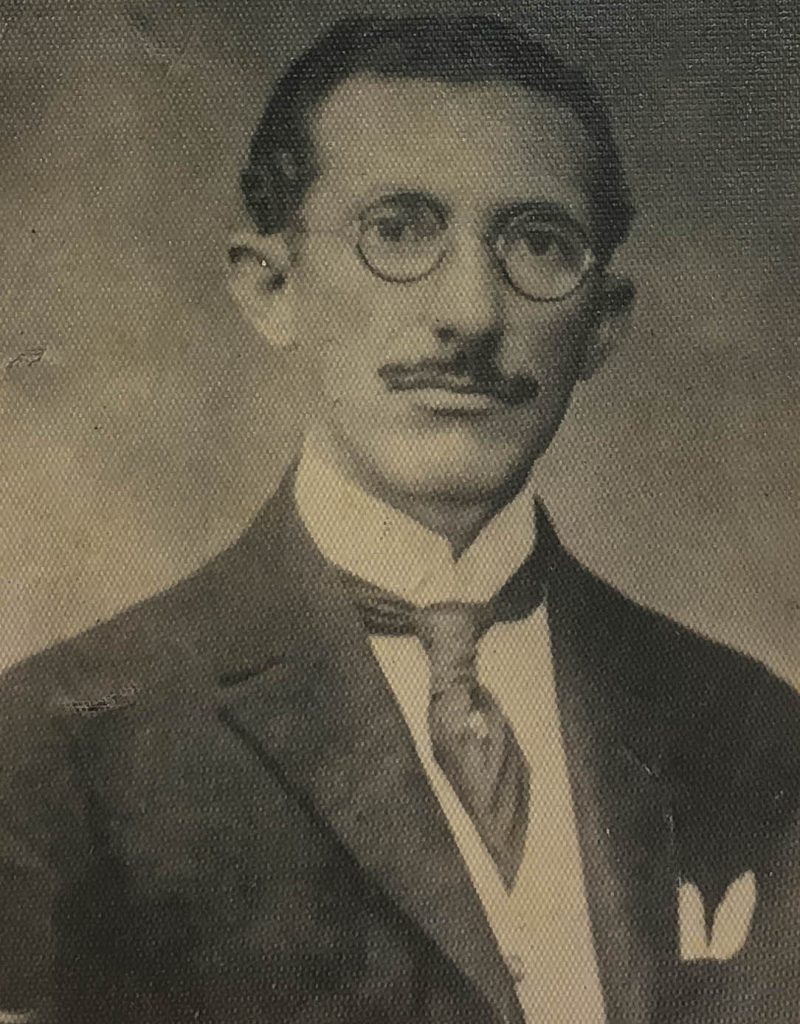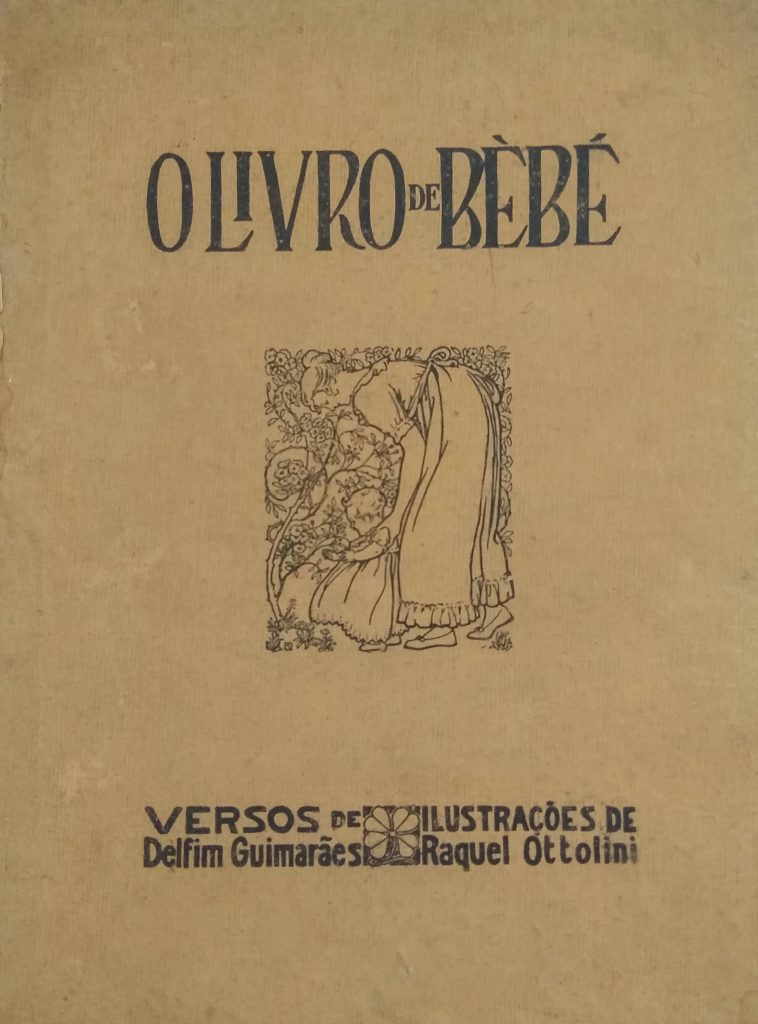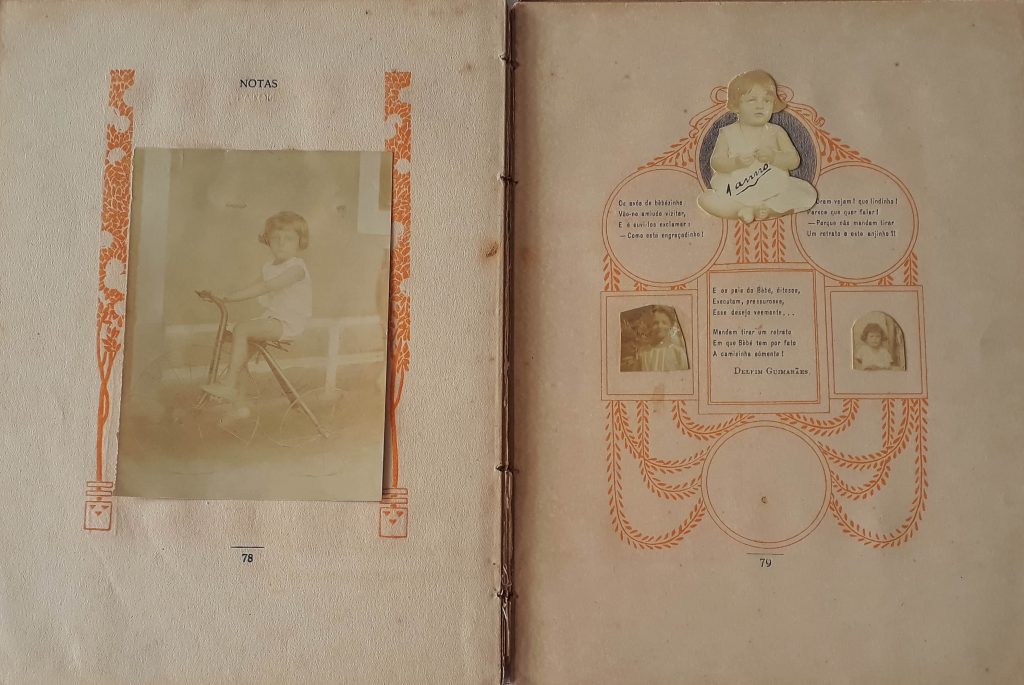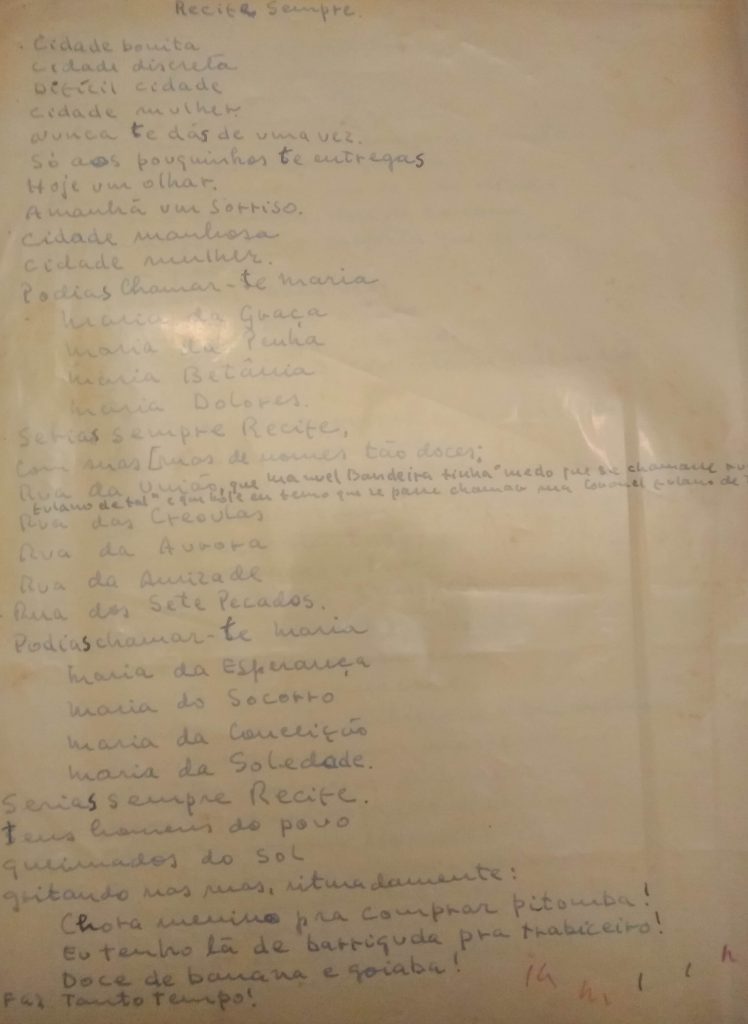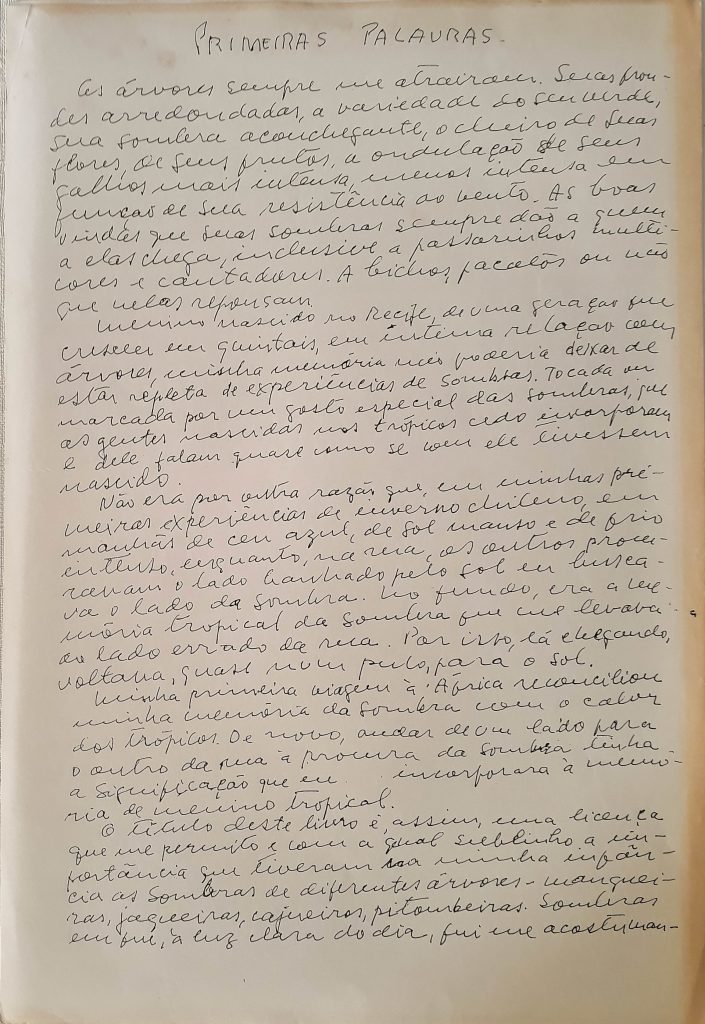First home
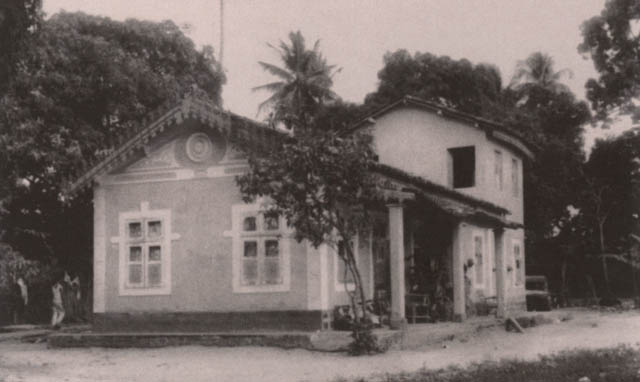
The house where Paulo Freire was born, at 724 Estrada do Encanamento, in the district of Casa Amarela, in Recife, Pernambuco | Instituto Paulo Freire
Talking about Paulo Freire’s childhood is to consider a phase of life for which he had total respect. The curiosity and restlessness of children were always an object of interest throughout the educator’s career. Being curious and restless is to be childlike, at any age. And this, in the Freirean world, is a high compliment.
On March 31, 1990, at the age of 68, Paulo Freire received the title of “Eternal Boy” (Bambino permanente), bestowed by the Biblioteca Comunale di Ponsacco, in the province of Pisa, Italy. Rooted in childhood, Freire was attentive and curious, with a thirst to learn.
This is the beginning, in which he was a boy, not just in his childlike soul and wisdom, but also in his body.
“We get older to the degree that, imperceptibly, we begin to resist new developments because ‘in my time it was different, it was better,’ we say. The best time, actually, for the young person at the age of 22 or 70 is the time in which he or she is living. Living the time in the best way I can is how I can live well.
À sombra desta mangueira, page 91. Civilização Brasileira. 10th edition.
The house where Paulo Freire was born, at 724 Estrada do Encanamento, in the district of Casa Amarela, in Recife, Pernambuco | Instituto Paulo Freire
My first world, actually, was the backyard of the house where I was born.”
À sombra desta mangueira, page 40. Civilização Brasileira. 10th edition.
Color photo of the house where Paulo Freire was born, on September 19, 1921 | Instituto Paulo Freire
1922: Paulo Freire at the age of one | Instituto Paulo Freire
Seção de vídeo
Educator Ana Maria Araújo Freire, Paulo Freire’s widow, talks about the educator’s humility and underscores how he never considered people as being on different levels, always showing tolerance, respect and love to everyone. Educator Ângela Antunes, who worked with Paulo at the institute that bears his name, mentions the respect he had for the knowledge of the other. Educator Moacir Gadotti, who works at the same Institute, recalls a symbolic story with Paulo Freire that shows the educator’s attitude in regard to unethical situations.
Photo of Paulo Freire’s mother, Edeltrudes Neves Freire | Lutgardes Freire collection
Photo of Paulo Freire’s father, Joaquim Temístocles Freire | Lutgardes Freire collection
Livro do bebê. Paulo’s baby book. He was very fond of and attached to this album of memories | Ana Maria Araújo Freire collection
Paulo’s baby book, opened | Ana Maria Araújo Freire collection
The text/poem “Recife sempre.” The original manuscript is eight pages long. According to Nita Freire, with whom Paulo Freire was married in the last years of his life, the poem was written for the magazine Manchete when Paulo was living in Santiago, Chile | Ana Maria Araújo Freire collection
Manuscript of a passage of the book “Á sombra desta mangueira” where Paulo Freire writes: a importância que tiveram na minha infância as sombras de diferentes árvores [the importance that the shade of different trees had in my childhood] | Ana Maria Araújo Freire collection
“The more I am rooted in my locality, the more I am able to spread, to become global. No one becomes local based on the universal. The path is the opposite. I am not first a Brazilian (except legally) to then be a Recifean. First I am Recifean, Pernambucan, Northeastern. After that, Brazilian, Latin American, a person of the world.”
À sombra desta mangueira, page 41. Civilização Brasileira. 10th edition.
